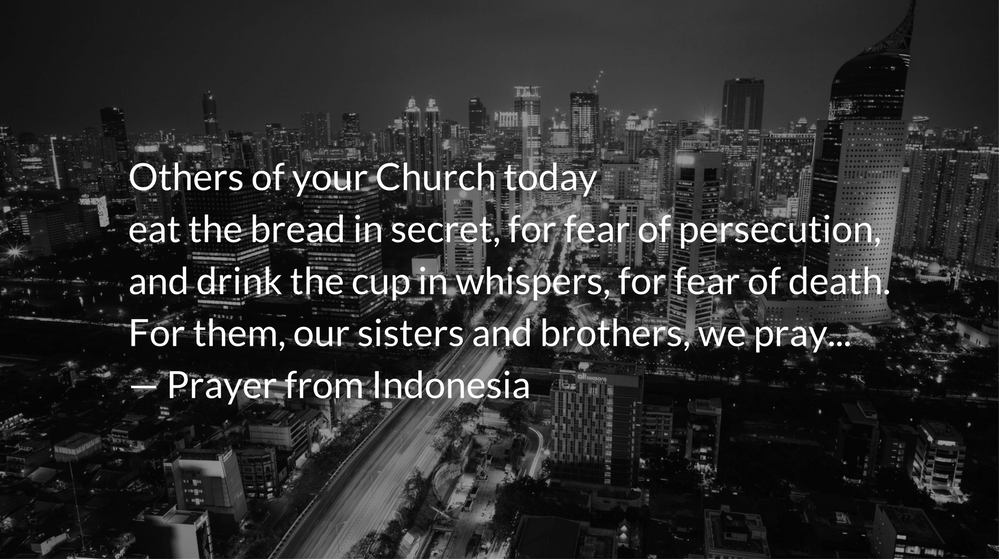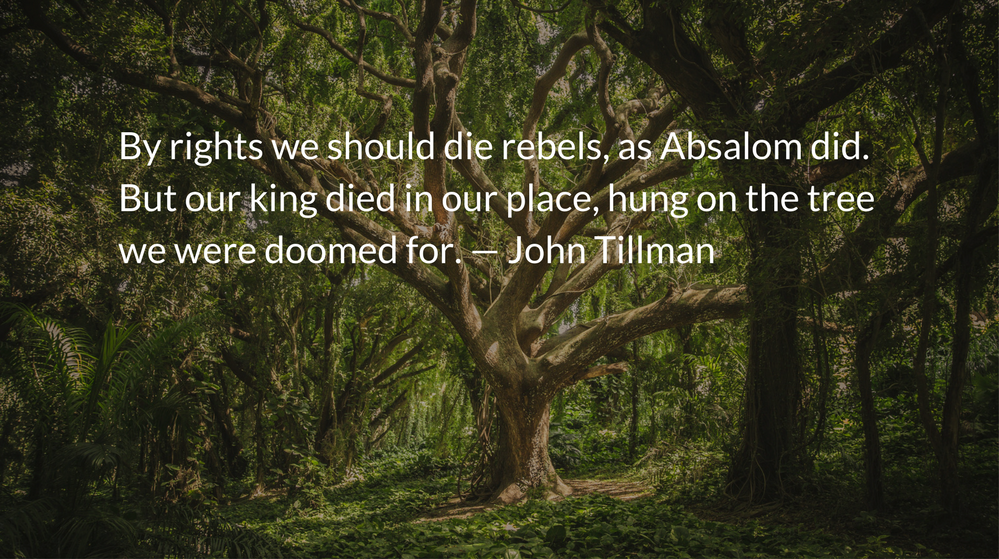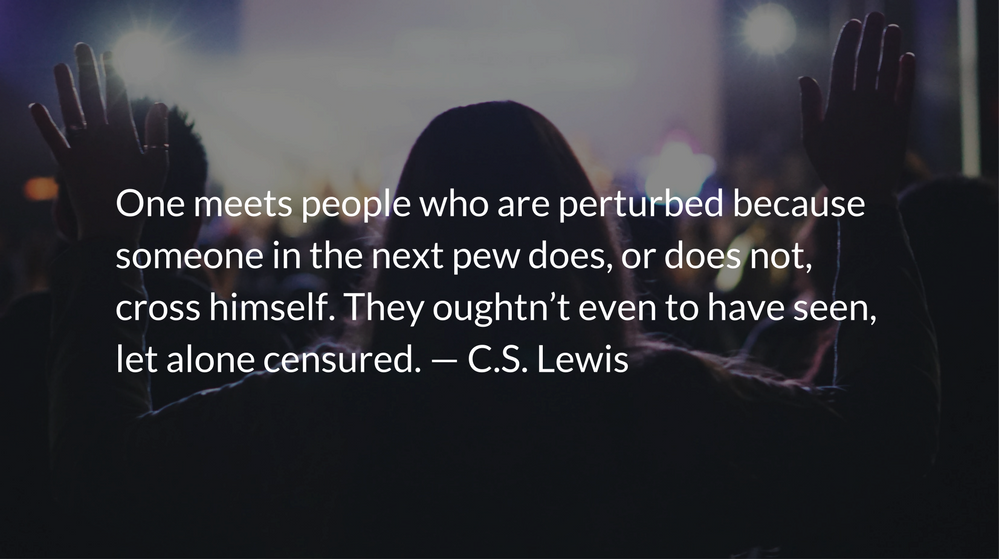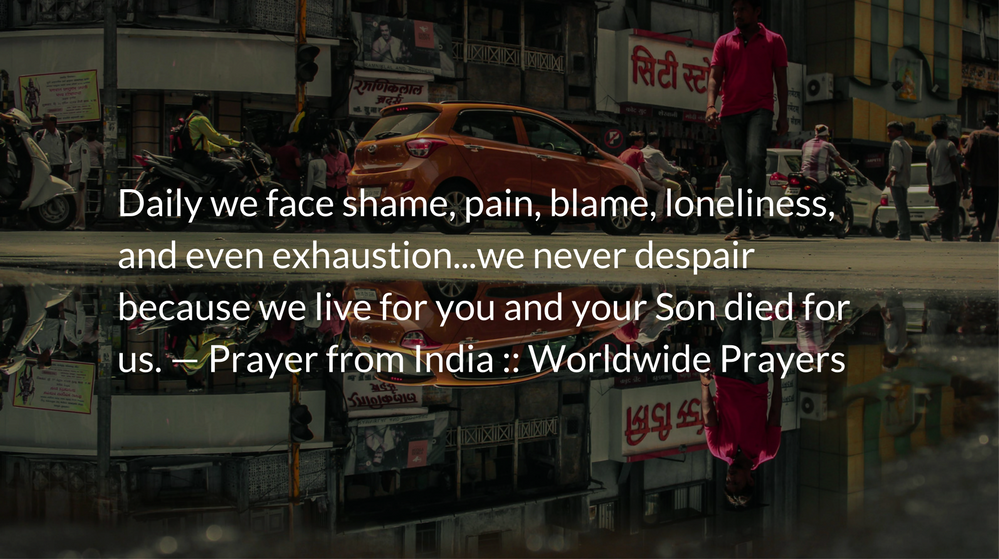Scripture: 2 Corinthians 8:2-4
In the midst of a very severe trial, their overflowing joy and their extreme poverty welled up in rich generosity. For I testify that they gave as much as they were able, and even beyond their ability. Entirely on their own, they urgently pleaded with us for the privilege of sharing in this service to the Lord’s people.
Today we reflect on an Indonesian prayer, written in the late 1990s, that would be appropriate for Christians to pray on behalf of persecuted Indonesian Christians today. Since that time, persecution of Christians has worsened in Indonesia and all across the world. We join our voices in this nearly 20 year old prayer that seems more relevant today than when it was written. — John
Prayer for the Church from Indonesia :: Worldwide Prayer
Our God,
You who dwell in the highest
and who has called us
in your Son, Jesus Christ, to be the Church…
We thank you today, for the rich heritage we claim,
a heritage born of courage, piety, and sacrifice.
We claim today fellowship in mission,
as we share of our wealth for the work of your Church around the world.
In healing the sick and feeding the hungry,
in redeeming through your Word that the blind may see,
and in so doing, freeing captives in the name of Jesus of Nazareth.
We confess, our God, that in the comfort of your blessings and abundance
and in the safety of the blessing of peace in our land,
we too easily forget others of our body, your Church,
who pray today for your daily bread to feed their hungry children,
who pray for signs of peace in their land,
who pray for freedom to pursue a life worth the living.
So make us mindful, we pray,
that others of your Church today
eat the bread in secret, for fear of persecution,
and drink the cup in whispers, for fear of death.
For them, our sisters and brothers, we pray
that your spirit will watch over them with a mighty arm,
that your joy may be complete in them,
and that their hope in you may be realized in power and grace.
These things we pray in the mighty name of the One who makes us one,
Jesus Christ, Our Savior.
*Prayer from Hallowed be Your Name: A collection of prayers from around the world, Dr. Tony Cupit, Editor.
The Small Verse
Keep me, Lord, as the apple of your eye and carry me under the shadow of your wings.
– From The Divine Hours: Prayers for Summertime by Phyllis Tickle.
Full prayer available online and in print.
Today’s Readings
2 Samuel 15 (Listen – 6:06)
2 Corinthians 8 (Listen – 3:25)











